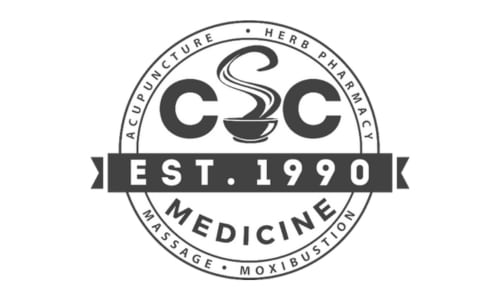On this page
Traditional Chinese Medicine: an overview ›
Find Traditional Chinese Medicine practitioners ›
Traditional Chinese Medicine: an overview
Traditional Chinese Medicine (TCM) in cancer care is grounded in the philosophy of restoring balance and harmony in the body’s energy, or qi, to promote overall health and well-being. It is a highly developed medical system that has been practiced for over 2,000 years and is widely integrated into modern healthcare in China, where it is used alongside conventional Western medicine in hospitals. There are now many TCM practitioners globally. According to TCM, cancer arises from imbalances in the body’s internal systems, particularly disruptions in the flow of qi, blood, and organ function. TCM practitioners focus on treating the whole person rather than just the disease, aiming to support the body’s natural healing processes, reduce side effects from conventional treatments, and improve quality of life. This holistic approach integrates physical, emotional, and spiritual health, acknowledging the interplay between these aspects in the cancer journey.
What do TCM practitioners offer?
TCM employs a variety of therapies designed to restore balance, manage symptoms, and enhance well-being. These therapies often complement conventional cancer treatments and may include:
- Herbal medicine: Herbal formulas including single herbs like astragalus ›, turmeric ›, and reishi mushroom › are used to boost immunity, reduce inflammation, and strengthen the body’s resilience during cancer treatment.
- Acupuncture ›: This therapy is widely used in TCM to manage pain, reduce nausea, and alleviate fatigue, particularly during chemotherapy or radiation treatments.
- Mind-body practices: Techniques such as tai chi and qigong › promote relaxation, improve energy flow, and support mental well-being.
- Dietary therapy: TCM dietary recommendations focus on strengthening digestion and nourishing the body, tailored to the individual’s constitution and health condition.
Together, these therapies work alongside conventional cancer treatments to manage symptoms, enhance recovery, and potentially reduce the risk of recurrence.
Many TCM therapies and herbs have been reviewed in our Supplements and Therapies Database ›, where we evaluate their evidence for medical benefits.
Herb and supplement safety
It’s important to consult a certified clinician if you want to use Chinese herbal preparations. Quality and safety are major concerns, as some herbs sourced from Asia have been found to contain contaminants such as heavy metals, microbes, or DNA from undeclared plants or animals. Multiple studies have reported persistent contamination in some traditional Chinese herbal remedies, so it is essential to source high-quality, properly tested products ›.1Ernst E. Toxic heavy metals and undeclared drugs in Asian herbal medicines. Trends in Pharmacological Sciences. 2002 Mar;23(3):136-9; Ting A, Chow Y, Tan W. Microbial and heavy metal contamination in commonly consumed traditional Chinese herbal medicines. Journal of Traditional Chinese Medicine. 2013 Feb;33(1):119-24; Kim H, Hughes PJ, Hawes EM. Adverse events associated with metal contamination of traditional chinese medicines in Korea: a clinical review. Yonsei Medical Journal. 2014 Sep;55(5):1177-86; Coghlan ML, Maker G et al. Combined DNA, toxicological and heavy metal analyses provides an auditing toolkit to improve pharmacovigilance of traditional Chinese medicine (TCM). Scientific Reports. 2015 Dec 10;5:17475.
Who are TCM practitioners?
TCM practitioners must undergo specialized training to provide safe and effective care. Various certifications are available to certify their expertise:
- Diplomate of Oriental Medicine (Dipl OM)
- Diplomate of Acupuncture (Dipl Ac)
- Diplomate of Chinese Herbology (Dipl CH)
- Diplomate of Asian Bodywork Therapy (Dipl ABT)
Find a TCM practitioner
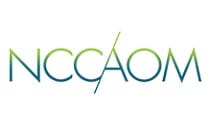
The National Certification Commission for Acupuncture and Oriental Medicine provides a searchable directory › of professionals.
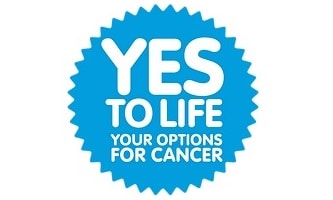
Yes to Life: Chinese Herbal Medicine › Find practitioners or clinics providing Chinese herbal medicine

Nancy’s List Directory of Integrative Practitioners and Healing Centers › (search for “Chinese”)
Helpful links
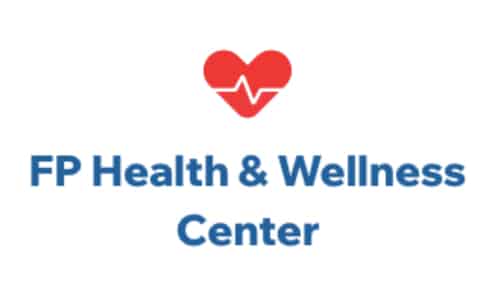
Fountain Project Health & Wellness Center › Free TCM clinic in Richmond, CA
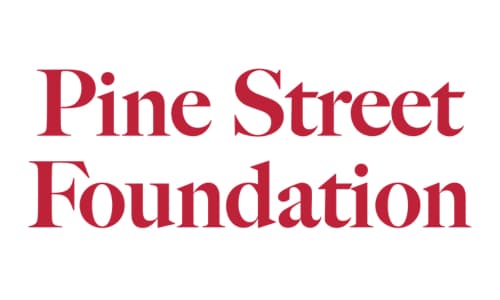
Pine Street Foundation › Clinic and research on TCM and cancer
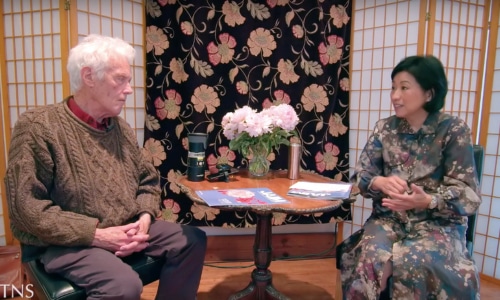
Erlene Chiang – TCM for cancer › An interview with the Cancer Help Program’s TCM practitioner
Explore the research on TCM-related therapies
Learn about other medical approaches
References

